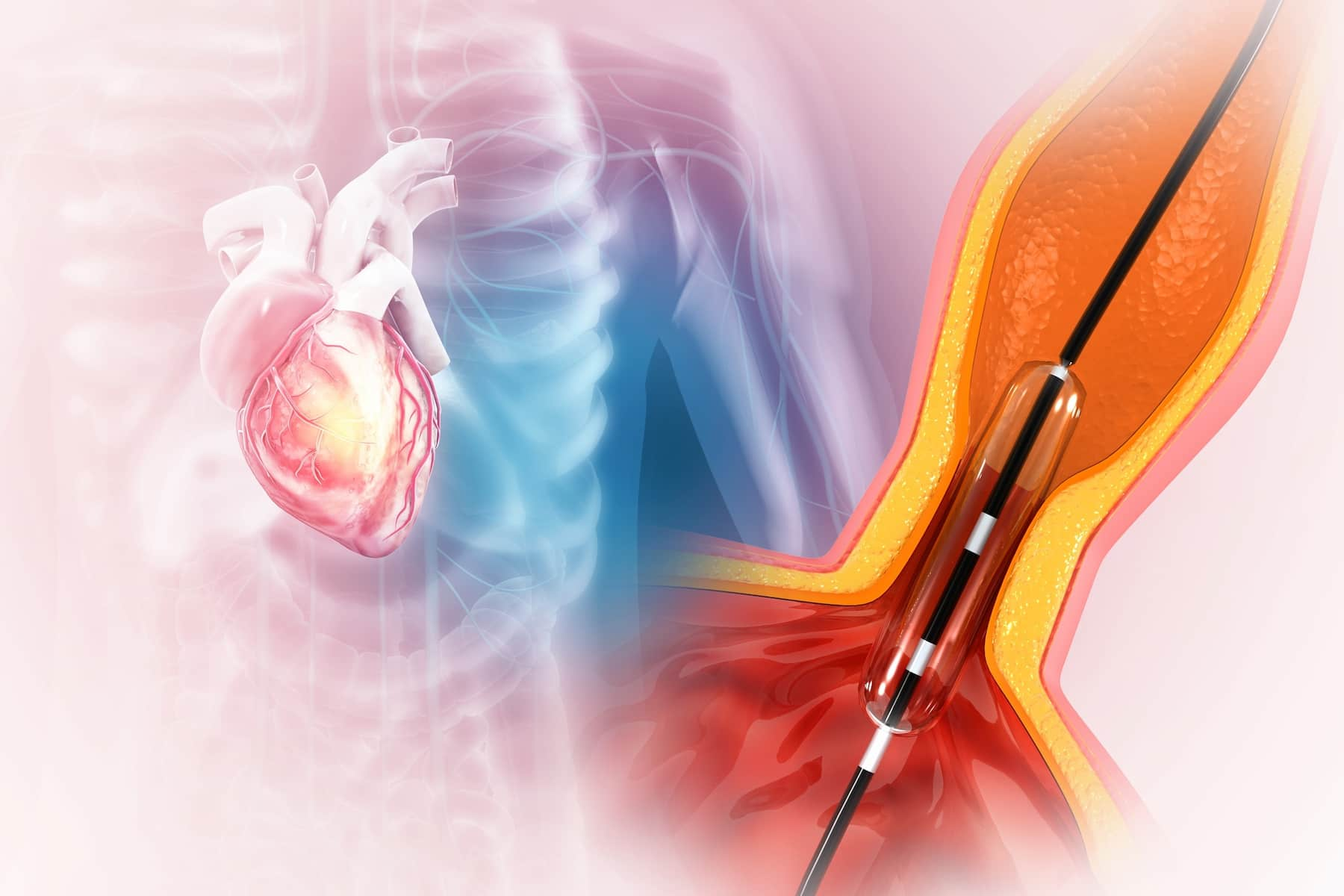
Improve Your Cardiovascular Fitness
Your heart is the engine that drives your body, and it needs to be in top condition to keep you healthy and active. Cardiovascular exercise, also known as cardio, is an essential component of maintaining heart health. Regular cardio exercise can help lower blood pressure, reduce the risk of heart disease, and improve overall cardiovascular fitness. In this article, we’ll explore 10 of the best cardio exercises for heart health, the benefits of cardio, and how you can improve your cardiac health.
Does Cardio Improve Heart Health?
Cardio exercise can greatly improve heart health. When you engage in regular cardio exercise, your heart becomes stronger and more efficient at pumping blood throughout your body. This means that your heart does not have to work as hard to do its job, which can help to lower your blood pressure and reduce your risk of heart disease.
In addition to strengthening the heart muscle, cardio exercise also helps to increase the flexibility of the blood vessels and improve blood flow throughout the body. This can help to reduce the risk of blood clots, which can lead to heart attacks and strokes. Overall, engaging in regular cardio exercise is one of the most effective ways to improve and maintain good heart health.
What Cardio Is Best for Heart Health?
When it comes to cardio exercises for heart health, there are plenty of options to choose from. The best cardio exercises for heart health are those that raise your heart rate and keep it elevated for an extended period. These include:
Running: Running is one of the best cardio exercises for heart health, and it doesn’t require any equipment. Running can help reduce the risk of heart disease and stroke, lower blood pressure, and improve overall cardiovascular fitness.
Cycling: Cycling is a low-impact cardio exercise that’s great for people of all ages and fitness levels. It can help improve heart health, reduce stress levels, and boost your mood.
Swimming: Swimming is a great cardio exercise that works your entire body while being gentle on your joints. Swimming can help improve heart health, build endurance, and reduce stress levels.
Jumping rope: Jumping rope is a high-intensity cardio exercise that can help improve heart health, burn calories, and increase overall fitness levels.
High-Intensity Interval Training (HIIT): HIIT is a type of cardio exercise that involves short bursts of intense exercise followed by periods of rest or low-intensity exercise. HIIT can help improve heart health, increase metabolism, and burn calories.
Walking: Walking is a low-impact cardio exercise that’s easy to do and requires no equipment. Walking can help improve heart health, reduce the risk of heart disease and stroke, and improve overall cardiovascular fitness.
Elliptical training: Elliptical training is a low-impact cardio exercise that can help improve heart health, build endurance, and burn calories.
Rowing: Rowing is a full-body cardio exercise that can help improve heart health, build endurance, and burn calories.
Dancing: Dancing is a fun and effective cardio exercise that can help improve heart health, reduce stress levels, and boost your mood.
Stair climbing: Stair climbing is a high-intensity cardio exercise that can help improve heart health, burn calories, and increase overall fitness levels.

How Can I Improve My Cardiac Health?
There are several ways you can improve your cardiac health, including:
Incorporate cardio exercise into your routine: Regular cardio exercise is essential for maintaining heart health. Try to aim for at least 30 minutes of moderate-intensity aerobic exercise most days of the week.
Eat a heart-healthy diet: A diet rich in fruits, vegetables, lean protein, and whole grains can help reduce the risk of heart disease and promote heart health.
Quit smoking: Smoking is a major risk factor for heart disease, and quitting smoking can significantly reduce the risk of heart disease.
Manage stress levels: High stress levels can increase the risk of heart disease, so it’s essential to find ways to manage stress. This can include exercise, meditation, yoga, or other stress-reducing activities.
Get enough sleep: Lack of sleep can increase the risk of heart disease, so it’s important to get enough sleep each night. Aim for 7-8 hours of sleep per night.
What Are the Effects of Cardio on Heart Health?
Cardio exercises have numerous effects on heart health. These exercises help to strengthen the heart, reduce blood pressure, and lower the risk of heart disease. Below are the effects of cardio on heart health.
Strengthens the heart: Cardio exercises help to strengthen the heart muscle, which is essential for maintaining overall cardiovascular health. When you engage in cardio exercises such as running, cycling, or swimming, your heart rate increases, and your heart pumps more blood. Over time, this increased demand on the heart muscle causes it to become stronger, which improves its ability to pump blood efficiently. A stronger heart also means that it can pump more blood with each beat, which reduces the strain on the heart and improves overall heart health.
Reduces blood pressure: Cardio exercises are effective in reducing blood pressure, which is a significant risk factor for heart disease. When you engage in cardio exercises, your blood vessels dilate, allowing more blood to flow through them, which reduces the pressure on the walls of the blood vessels. This effect is especially beneficial for people with hypertension or high blood pressure, as it helps to lower their blood pressure and reduce their risk of developing heart disease.
Lowers the risk of heart disease: Engaging in regular cardio exercises can help lower your risk of developing heart disease. Cardio exercises help to reduce the levels of bad cholesterol (LDL) and increase the levels of good cholesterol (HDL) in the body. This effect is essential because high levels of LDL can lead to the buildup of plaque in the arteries, which can increase the risk of heart disease. Additionally, cardio exercises help to improve blood circulation, which reduces the risk of blood clots and other cardiovascular problems.
The Study of Cardio Heart Health
A recent study published in the Journal of Cardiology conducted a comprehensive analysis of the effects of cardio exercise on heart health in a sample of 1,000 participants over a span of five years. The study revealed that participants who engaged in regular cardio exercise experienced a 20% reduction in their systolic blood pressure and a 15% decrease in their LDL cholesterol levels. Moreover, their overall risk of heart disease was significantly lower compared to those who did not incorporate cardio into their fitness routine.
Is Cardio Good for Heart Blockage?
Cardio exercises can be beneficial for people with heart blockage, depending on the severity of the blockage. In some cases, cardio exercise can help improve blood flow to the heart, which can reduce symptoms and improve overall heart health. However, it’s essential to speak with your doctor at Healthy Türkiye before starting any exercise program if you have heart blockage or any other heart condition.
In conclusion, cardio exercises are crucial for maintaining heart health. Regular cardio exercise can help reduce the risk of heart disease, lower blood pressure, improve cholesterol levels, and improve overall cardiovascular fitness. Incorporating a variety of cardio exercises into your routine can help keep your workouts fun and challenging. Remember to always consult with your doctor before starting any exercise program, particularly if you have any pre-existing health conditions. With regular cardio exercise and a healthy lifestyle, you can maintain optimal heart health and enjoy a long, active life.”




